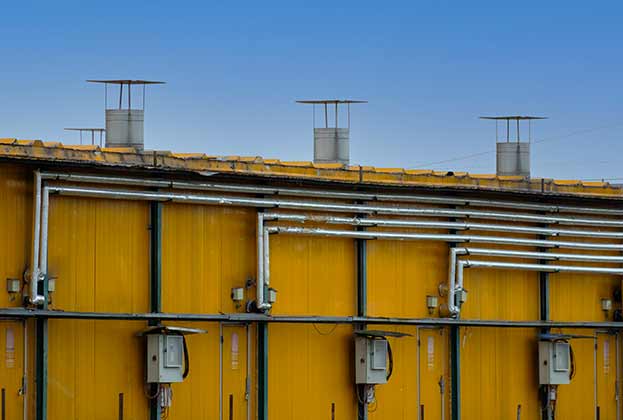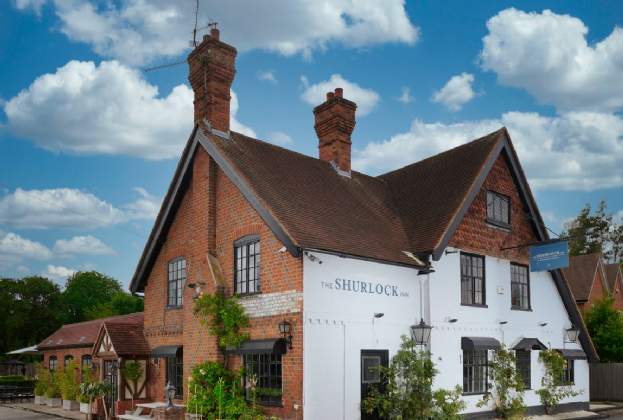All businesses have a role to play in reaching a net-zero, nature positive world, and tourism is no exception. Travel and hospitality operations contribute to carbon emissions and habitat degradation: taking action to address these impacts can foster resilience, cost savings, and efficiency, as well as reach new audiences in a context where, increasingly, the environmental progress of every sector is under review.
Recognising this, a diverse international group of tourism organisations, including UNWTO, UNEP and VisitScotland amongst others, created the Glasgow Declaration for Climate Action in Tourism at COP26.
To date, there are nearly 900 signatories around the world, including over 170 in the UK. Amongst them are large companies like Skyscanner and Conde Nast, Scottish tourism businesses like Comrie Croft and Highland Explorer Tours, and public sector organisations such as the Cairngorms National Park Authority.
The declaration commits signatories to achieve a 50% emissions reduction by 2030, and to reach net zero as soon as possible before 2050. Sitting underneath this are five key pathways for businesses to follow: measure emissions, decarbonise operations, regenerate ecosystems, collaborate, and finance the transition. We highlight these pathways below and give examples of how businesses could achieve them.
Measure: a first step for businesses should be to establish their baseline; targets on reduction can only be set once the current use is known. There are a range of measures businesses can consider. One example is adopting and implementing food waste monitoring and reduction measures. The Scottish Government has committed to an ambitious target of reducing food waste, by 33% by 2025. Organisations and businesses across Scotland's food and drink sector can currently register with Zero Waste Scotland for a free set of commercial scales to help measure and target food waste until the 31st March 2024.
Decarbonise: reducing carbon use is critical in reaching net zero as well as helping to reduce overheads. Kingbarns Distillery in Fife has recently opted to phase out all presentation boxes and cartons as part of its target of net zero carbon emissions. Existing initiatives by rural businesses include 100% renewable electricity via hydro schemes, by-products being re-purposed for animal feed and introducing electric vehicles for staff.
Regenerate: tourism businesses can partner with landowners to restore, protect and enhance nature, whilst providing diversified income to the rural economy. Where land is owned there may be a double opportunity to regenerate the land while creating an additional sustainable income stream, for example through the Woodland Carbon Code.
Collaborate: collaboration is already at the heart of many tourism businesses and has proved key for delivering climate and nature action. Kinkell Byre, an events venue in Fife, works with local regenerative farmers to provide locally sourced, sustainable and wholesome food at their events, while supporting each other to jointly meet climate targets.
Finance: one recommendation from the Glasgow Declaration is to adopt an internal carbon price for operations and strategic planning. This is exemplified by touring company Rabbies, who tax themselves £10 for every tonne of carbon they use. This money is then used in their ‘we care about there’ initiative, to fund environmental projects in the places they visit.
Whether you are a signatory of the Glasgow Declaration or not, it’s important for everyone working in tourism to address the climate and nature impact of their business. There are many creative ways to do this, which can also enhance your business.
Further information
Contact Adam Davies and Lucy Jenner
.jpg)


.jpg)


.jpg)


.jpg)
.jpg)